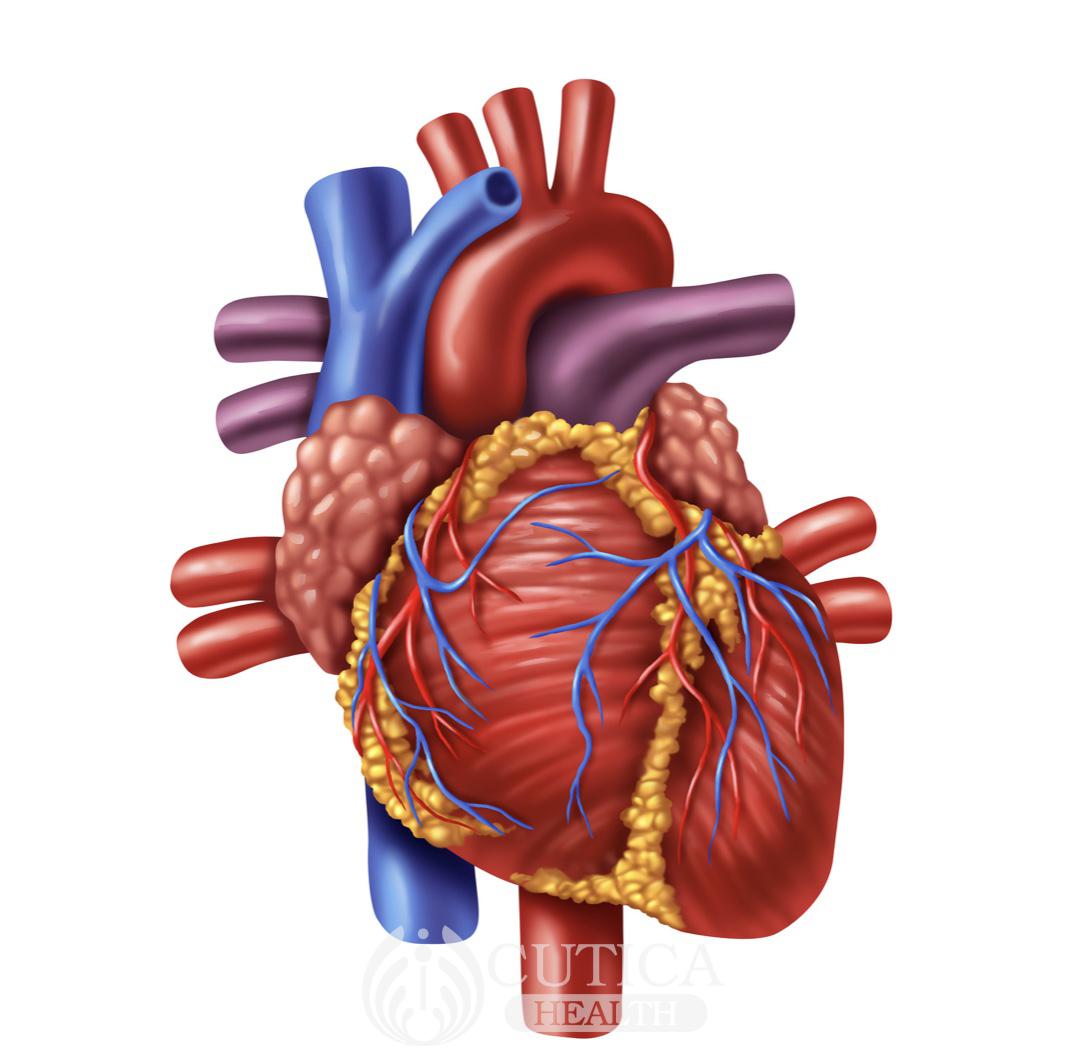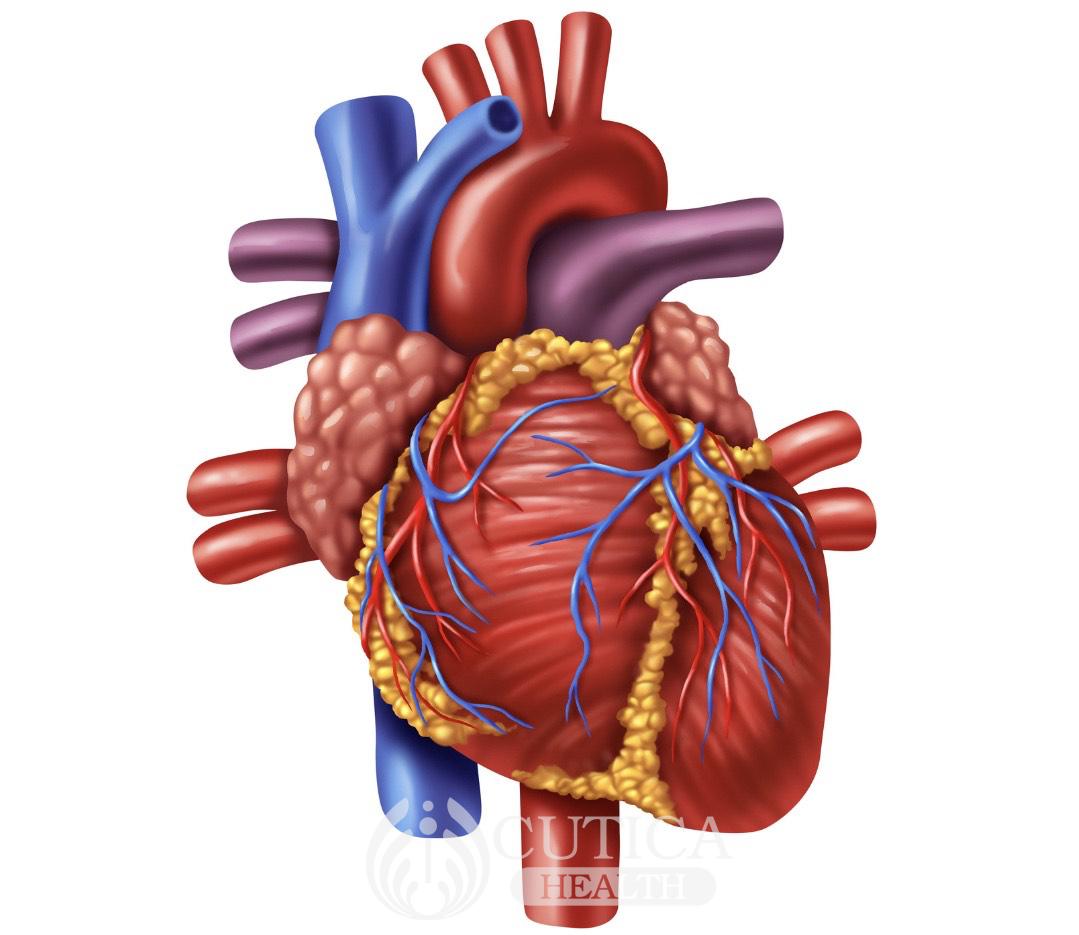
You must have heard the phrase “you are what you eat”. This does not apply to physical health only but also your mental health. The food you eat affects your mind because food provides the required energy for your brain to function properly. A balanced diet enhances brain functions, such as alertness, critical thinking, attention, decision making, and even reaction time.
How does the relationship between food and our mental work? You might ask. The answer lies in the role of foods in influencing the chemicals that transmit signals within the brain, which are called neurotransmitters. Some foods can lower these signal transmission, increasing your risk of mood disorders, while other foods can enhance them.

Let’s examine more elaborately how food affects your mind.
Your diet can worsen mental health conditions
Did you know that eating or drinking certain foods can intensify symptoms of anxiety? Sugar, caffeine, and alcohol can increase some anxiety symptoms such as feeling jittery and restless, pounding heart-rate, shaking and trembling, and racing thoughts.

Foods that contain a high level of trans fat, such as hydrogenated oils, margarine, unhealthy oils, and baked foods, such as cakes and cookies can increase your chances of developing degenerative brain diseases such as Alzheimer’s. Experts have observed that a high level of trans fat in the body can result in reduced brain volume, cognitive decline, and memory loss.
You can reduce symptoms of existing conditions
Mood disorders can be improved by eating the right foods. Just as you can worsen your symptoms by having an unhealthy diet, you can also improve them. For instance, people with anxiety experienced a reduction in the intensity of their symptoms when they increased their intake of omega-3 fatty acids, according to one study. You can find omega-3 in salmon, sardines, chia seeds, and flaxseed.

You can take proactive steps to protect your mental health by eating more vegetables, drinking enough water, and eating lean proteins such as soya beans, chicken, eggs, and fish.
These have lots of protein and antioxidants that help protect your brain and mop up toxic chemicals from your body.
Your diet can cause inflammation in the body
Eating too much sugar and processed foods can cause inflammation in the brain and the body. This inflammation can contribute in the development of several diseases, including mood disorders such as depression and anxiety. Unfortunately, people with depression, anxiety, or going through severe stress, eat too much or too little. Eating too little can cause exhaustion and eating too much can cause sluggishness. This can result in a vicious cycle where the person eats too little, feels exhausted, experiences intense symptoms of the mood disorder, and repeats the steps over and over.

Conclusion
Your diet plays an important part in protecting your mental health. That’s why you must take steps to switch your diet to a healthy one. Remember that changing your diet is a gradual process; make one change at a time such as increasing your water intake to the recommended amount or phasing out soda/soft drinks from your diet. It might take some time but soon you will begin to enjoy the benefits of a healthy diet.












